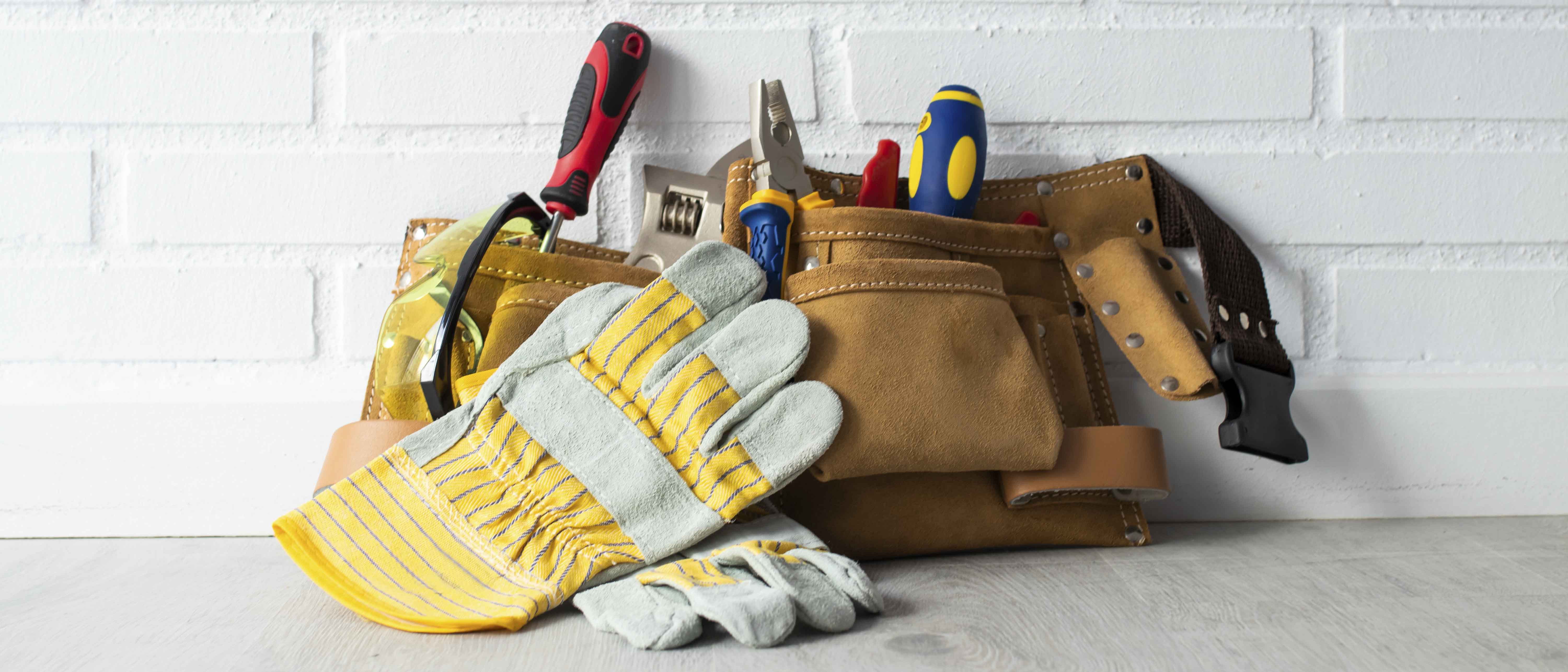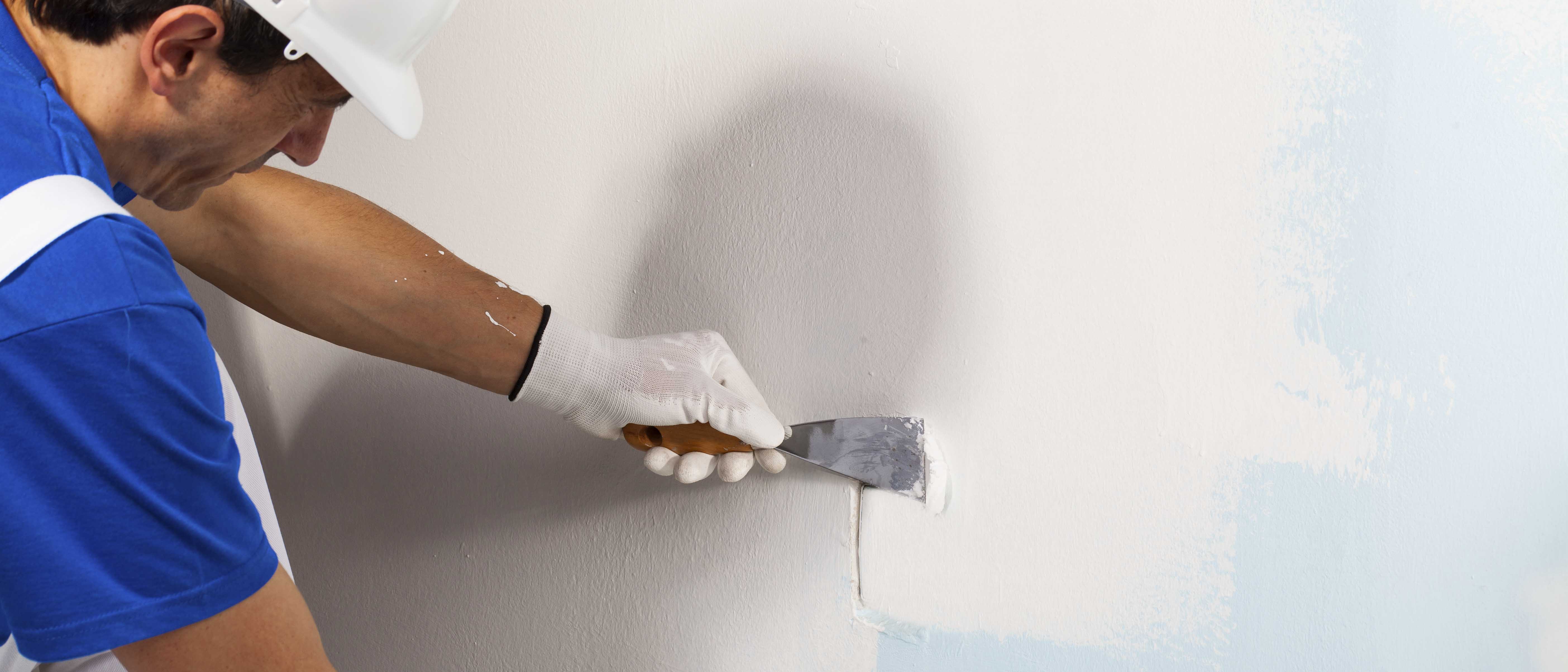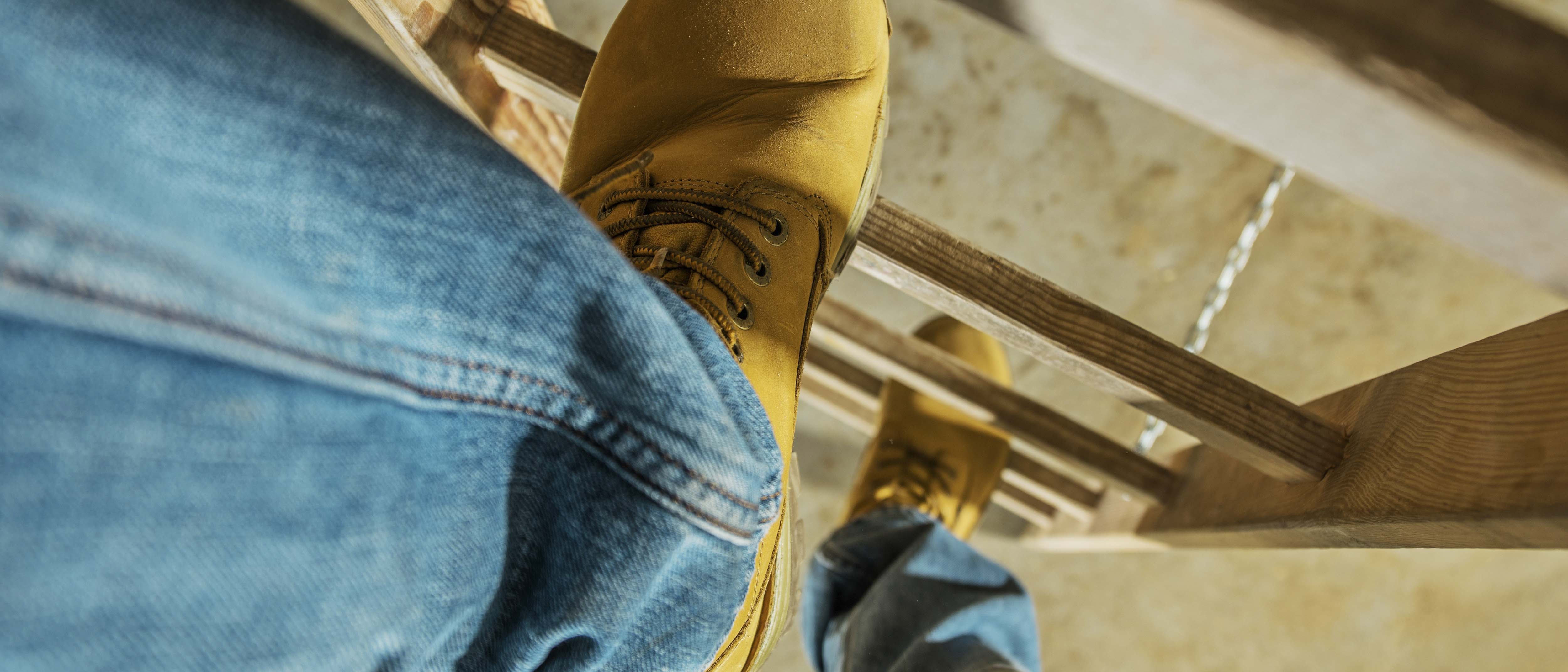10 Essential Safety Precautions for Home Painting
Painting your home can be a rewarding DIY project, but it's essential to prioritise safety throughout the process. Whether you're tackling a small room or an entire house, these 10 safety precautions are vital to ensure a safe and successful painting project:
- Ventilation:
- Adequate ventilation is crucial when working with paint fumes. Open windows and doors to allow fresh air to circulate, and consider using fans or air purifiers to improve air quality.
- Respiratory Protection:
- Protect your lungs from paint particles and fumes by wearing a high-quality respirator mask. This is particularly important when working with oil-based paints or in poorly ventilated areas.

- Eye Protection:
- Always wear safety goggles or glasses to shield your eyes from paint splatters and potential debris. Accidents can happen, so it's essential to protect your vision.
- Skin Protection:
- Long-sleeved clothing and gloves are essential to prevent skin contact with paint and solvents. Some paints can irritate the skin or cause allergic reactions.

- Adequate Lighting:
- Proper lighting is crucial for accurate painting and safety. Ensure your work area is well-lit to prevent accidents or missed spots.
- Ladder Safety:
- When using a ladder for high-reaching areas, follow ladder safety guidelines carefully. Make sure the ladder is stable and positioned on a level surface. Never overreach or stand on the top rungs.

- Paint Storage:
- Keep paint containers tightly sealed when not in use to prevent spills and fumes from escaping. Store paints and solvents out of reach of children and pets.
- Hazardous Waste Disposal:
- Dispose of paint waste, rags, and cleaning materials properly. Follow local regulations for the disposal of hazardous waste to protect the environment.

- Fire Safety:
- Some paints are flammable. Keep away from open flames, sparks, and heat sources when working with these paints. Have a fire extinguisher nearby for added safety.
- Emergency Preparedness:
- - Be prepared for accidents or injuries. Keep a first aid kit accessible, and have a plan in case of emergencies. Share your project details and estimated completion time with a trusted friend or family member.
Prioritising safety during your home painting project is essential for your well-being and the successful completion of the project. By following these precautions, you can enjoy a safer and more satisfying painting experience while achieving professional-looking results.
